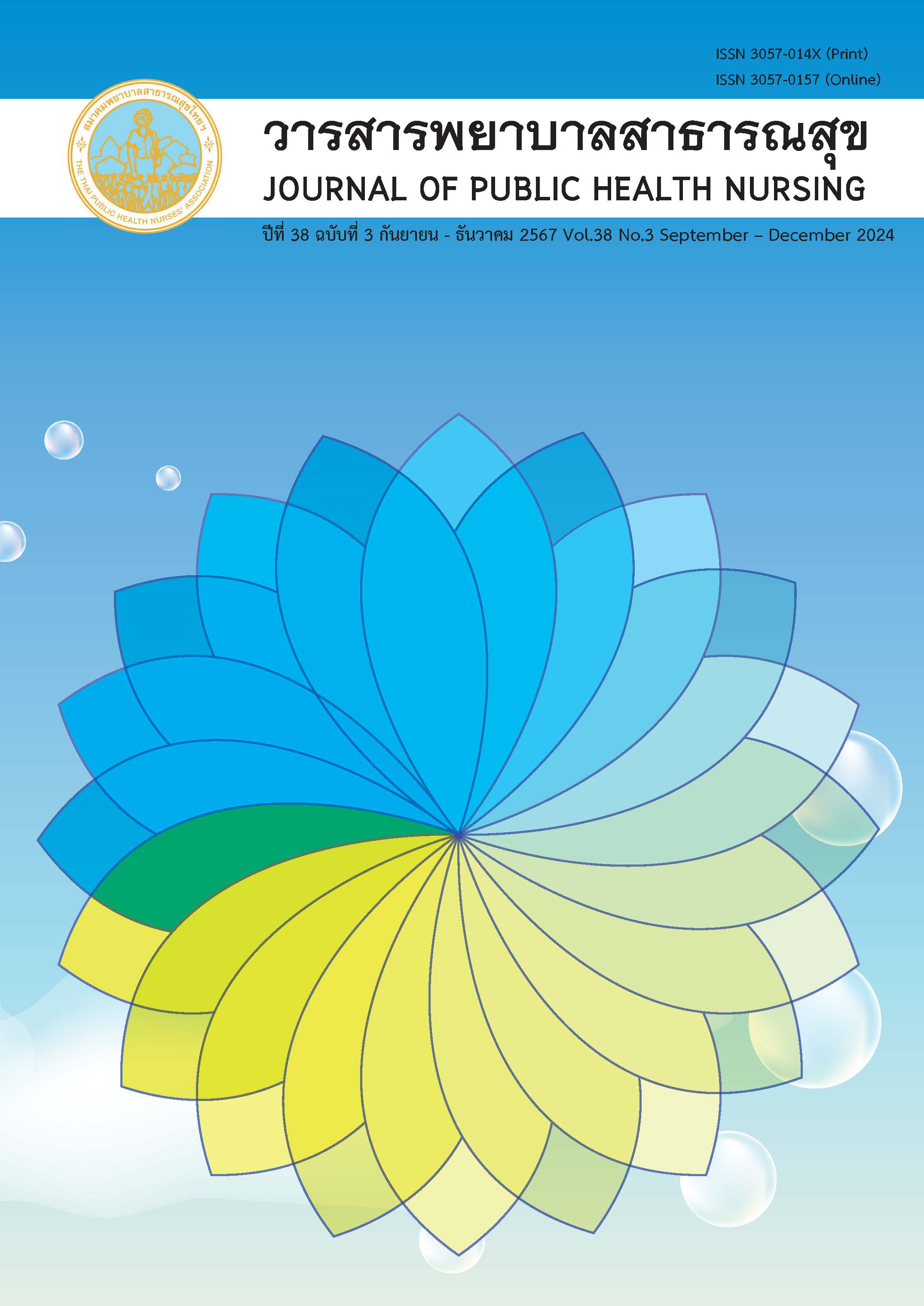Nurses’ Adaptation in the Informatics Era: Essentials and Development Directions
Keywords:
The adaptation of nurses, medical informatics, Nursing skill development, Nursing Informatics, Informatics NurseAbstract
The adaptation of nurses in the information age is crucial, as information and communication technology can significantly enhance the efficiency and quality of patient care. The use of medical technologies, such as electronic health records and remote patient monitoring systems, allows for smoother and more effective patient management. Therefore, nurses must adapt and develop their skills in utilizing technology to perform their duties efficiently and safely. This article reviews the importance of nurses' adaptation in the information age and analyzes appropriate development directions for the future, including education and training, the use of health information systems, research and development, and the establishment of collaborative networks. It highlights benefits such as enabling nurses to manage patient data quickly and accurately, which supports decision-making and communication among healthcare teams, ultimately improving the quality of patient care. However, there are challenges associated with the use of information technology, such as usability complexities, data security issues, and high costs. Therefore, health organizations should continuously support education and training in information technology to enhance nurses' skills and knowledge in the information age, ensuring their advancement in the future.
References
Silver S. American Nurses Association (ANA). Nursing informatics: Scope and standards of practice (2nd ed.); 2015
Silapavitayatorn B., Bunpitcha C. The Use of Health Information Technology in Nursing for Patient Safety. Journal of Nursing; 2020 (in Thai)
Wonganantnont P. Nursing Informatics. Journal of The Royal Thai Army Nurses; 2014 (in Thai)
Bahramnezhad D., Keyhanian F.,Navidhamidi M. The role of nursing informatics on promoting quality of health care and the need for appropriate education. Global Journal of Health Science, 6(6), 11-18; 2014
Hebda, T., & Czar, P. Handbook of informatics for nurses & healthcare professionals (6th ed.). Upper Saddle River, NJ: Pearson.; 2019
Kim, H., & Park, S. The role of electronic health records in improving the quality of healthcare services: A review. Journal of Healthcare Engineering; 2020.
Lee, J., Kim, S., & Park, H. The impact of telehealth on the efficiency of healthcare delivery: A systematic review. BMC Health Services Research, 21(1), 1-15.; 2021
Smith, T., & Jones, A. Online learning for nurse education: A review of the literature. Nurse Education Today, 79, 44-51.; 2019
Nagle, L., & Sermeus, W. A global perspective on nursing informatics. In N. Kenneley & K. Weaver (Eds.), Nursing informatics for the advanced practice nurse: Patient safety, quality, outcomes, and interprofessionalism (2nd ed., pp. 3-17). New York, NY: Springer Publishing Company.; 2017.
Healthcare Information and Management Systems Society (HIMSS). Nursing informatics workforce survey. Retrieved from https://www.himss.org/; 2017
Topaz, M., Ronquillo, C., Peltonen, L. M., Pruinelli, L., Sarmiento, R. F., Badger, M. K., & Yao, Y. Nurse informaticians report low satisfaction and multi-level concerns with electronic health records: Results from an international survey. AMIA Annual Symposium Proceedings, 2016, 2022-2031; 2016.
Dykes, P. C., & Rogers, J. Reducing medical errors in hospitals using information technology. Journal of Healthcare Information Management, 27(1), 34-42. 2013.
Gassert, C. A. Informatics competencies for nurses. Computers, Informatics, Nursing, 26(3), 182-190. 2008.
Bates, D. W., Cohen, M., Leape, L. L., Overhage, J. M., Shabot, M. M., & Sheridan, T. Reducing the frequency of errors in medicine using information technology. Journal of the American Medical Informatics Association, 8(4), 299-308. 2001.
Keenan, G. M., Yakel, E., Yao, Y., Xu, D., Szalacha, L., & Tschannen, D. Documentation and the nurse care planning process. Journal of Nursing Administration, 38(1), 25-31. 2008.
McGonigle, D., & Mastrian, K. G. Nursing informatics and the foundation of knowledge. Jones & Bartlett Learning. 2018.
Harris A, Prunuske J. The role of informatics in resource management in healthcare settings. Nursing Economics. 2020;38(1):30-5.
Fitzgerald R, Duffy M. Using health informatics to improve nursing practice: A review of the evidence. J Nurs Educ Pract. 2020;10(3):101-7.
Booth, R. G. Informatics and nursing: Opportunities and challenges. Nursing Management, 23(8), 28-31. 2016.
Kshetri, N. Privacy and security issues in cloud computing: The role of institutions and institutional evolution. Telecommunications Policy, 37(4-5), 372-386. 2013.
Valentine N, DeLia D, Kaye N, et al. Cost and quality implications of electronic health records: a systematic review. J Nurs Admin. 2017;47(7-8):370-5.
Bowman, S. Impact of electronic health record systems on information integrity: Quality and safety implications. Perspectives in Health Information Management, 10, 1c. 2013.
Davis M, Dorsey S. The impact of electronic health records on patient-provider communication: a systematic review. J Nurs Admin. 2016;46(6):313-20.
Fitzgerald M, Nair P. Staff attitudes toward health information technology: a systematic review. J Nurs Admin. 2017;47(1):34-9.
Carrington, J. M., & Tiase, V. L. Nursing informatics: Incorporating informatics knowledge into clinical practice. Journal of Nursing Administration, 43(2), 67-72. 2013.
Downloads
Published
How to Cite
Issue
Section
License
Copyright (c) 2024 Thai Public Health Nurses Association

This work is licensed under a Creative Commons Attribution-NonCommercial-NoDerivatives 4.0 International License.
บทความที่ตีพิมพ์และแผนภูมิรูปภาพถือเป็นลิขสิทธิ์ของวารสารพยาบาลสาธารณสุข (Thai Public Health Nurses Association)







